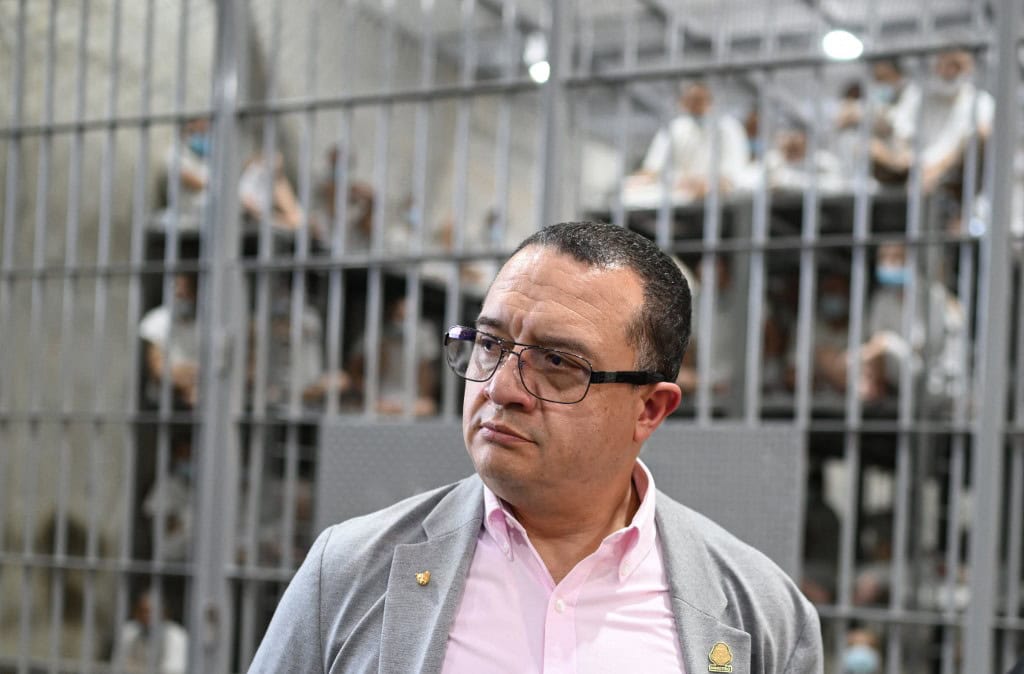Costa Rica’s Minister of Justice and Peace, Gerald Campos, has unveiled a landmark cooperation agreement with El Salvador that promises to slash the cost of a new prison by nearly $25 million. The deal, announced this week, follows Campos’ official visit to El Salvador, where he secured architectural plans and technical expertise from the Salvadoran penitentiary system.
Campos led a delegation to study El Salvador’s high-security Center for the Confinement of Terrorism (CECOT)—a mega-prison built under President Nayib Bukele to house gang members—and the Centro de Rehabilitación para la Oportunidad (CERO OCIO), a facility focused on inmate rehabilitation. The mission aimed to strengthen bilateral ties and design a cost-efficient, secure prison model for Costa Rica.
“Initially, we estimated the new penitentiary would cost around $60 million,” Campos said. “Thanks to this agreement, we’ve reduced that to approximately $35 million. We’re working to identify financing sources and deliver a safer, more efficient Costa Rica.” Meetings with El Salvador’s Minister of Justice and Public Security and technical teams solidified plans for reciprocal cooperation in prison discipline, security, social reintegration, employment programs, and crime prevention.
The new facility will include 1,000 maximum-security spaces to bolster control over high-risk inmates, Campos added. He also issued a stern warning to telephone operators, threatening criminal charges if they fail to block mobile signals within prison grounds—a measure aimed at curbing illegal activity behind bars.
President Rodrigo Chaves underscored the project’s urgency, tying it to anticipated legal reforms. “We’re preparing the penitentiary system for when the Judiciary and Legislative Assembly address legal gaps,” Chaves said. “Right now, we could build any prison, but it would sit empty under current laws. We’re setting the stage to lock up criminals instead of leaving them on the streets.” Though he didn’t elaborate, Chaves appeared to hint at next year’s elections, where a pro-government legislative majority could pave the way for tougher sentencing laws and judicial appointments aligned with his administration.
Details such as the prison’s location and construction timeline remain undisclosed, but the initiative reflects growing concerns over our country’s rising crime rates, including a record 17.2 homicides per 100,000 people in 2024. By adopting elements of El Salvador’s controversial yet effective prison model, Costa Rica aims to tackle organized crime and hopefully improve public safety.






